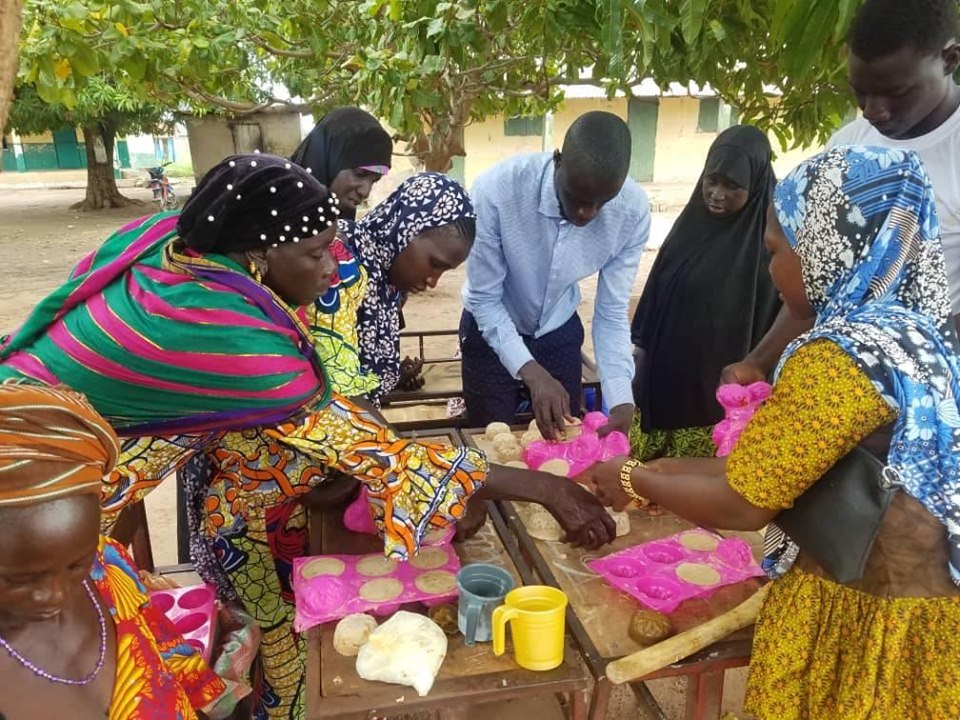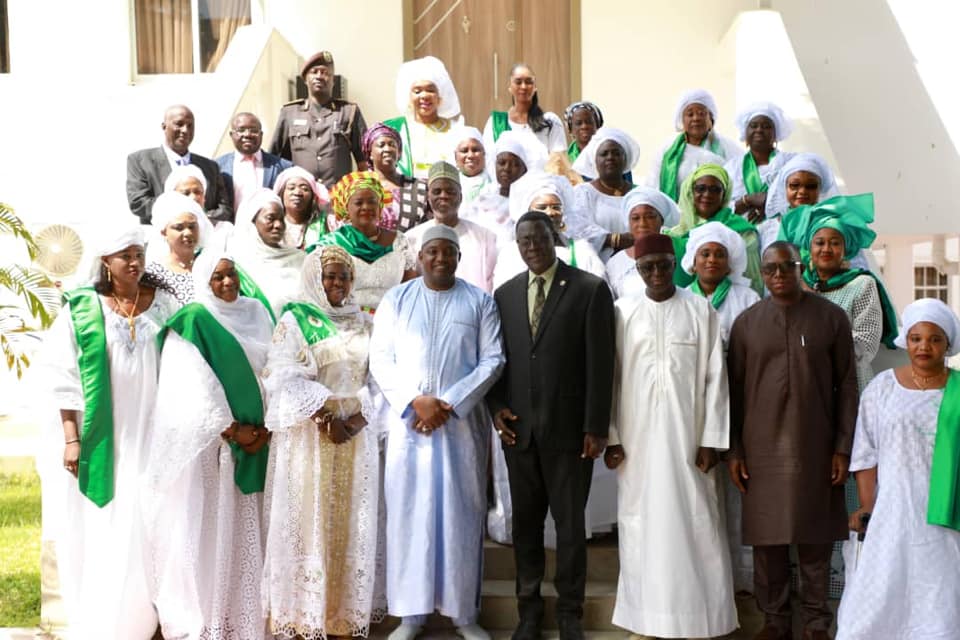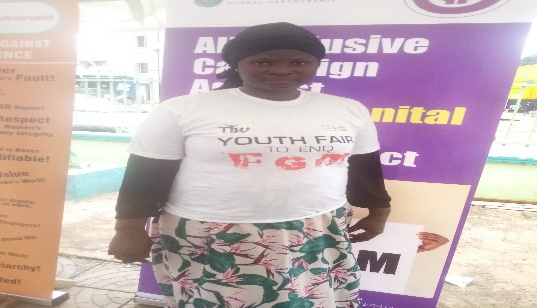By Mustapha S. Koli
At least 100 women with disabilities from at least ten communities in the Upper River Region have benefitted from soap and Omo making training in Wuli East and West districts.
Attended by physically challenged, visually impaired and hard of hearing women, the trainings were held in Madina Koto and Baja Kunda. The livelihood improvement program was organised by Beakanyang, a national NGO and funded by the Global Environment Small Grant Program of the UNDP.
Nfamara Jawneh, Executive director of Beakanyang, disclosed that the training formed part of a 12-month project his organisation is implementing, under the theme: Promoting economic empowerment and strengthening the capacity of women with disabilities to adapt to climate change in Wuli East and West.
According to him, they have realised that persons with disabilities especially women in the two districts lacked sufficient information about climate change, yet they continue to bear the burden of its effects.
“Persons with disabilities especially disabled women must be active participants in planning, implementation and monitoring of climate change policies and actions. Barriers to active participation must be removed and capacity-building programs like this one must be enhanced,” Jawneh said.
Mr. Jawneh said climate change programs must help in removing barriers such as inaccessible communication and information, stigma, physical access and, at the same time, addressing specific requirements through more individualised support. “We hope that after these trainings and providing you access to climate change information through innovative means you will also continue to remain active in the climate change mitigation and adaptation actions at the local level and beyond,” he said.
Beakanyang boss lamented that most disable women will not also be able to generate income talk less of removing themselves from the cycle of poverty if they remain isolated in the climate discus.
He further argued that the plights of persons with disabilities especially women are in most cases ignored and not considered in climate change programmes. “As such, they continue to remain side lined in relevant matters that affect their lives and livelihoods.”
Yaya Sumareh, board chairman of Beakanyang said the organisation believes in inclusive development where no one will be left behind, including persons with disabilities.
He revealed that after the training, participants will also be given funds to either support their existing businesses or start new ones. He urged participants to take the training seriously and to remain active participants throughout the project execution.
Beneficiaries Aja Faye Kijera of Sutukonding and Sona Jolly from Barrow Kunda both thanked Beakanyang for considering such an important and life changing project for persons with disabilities.
They hailed the grassroots organisation for its relentless human rights and development work in the region and beyond.





